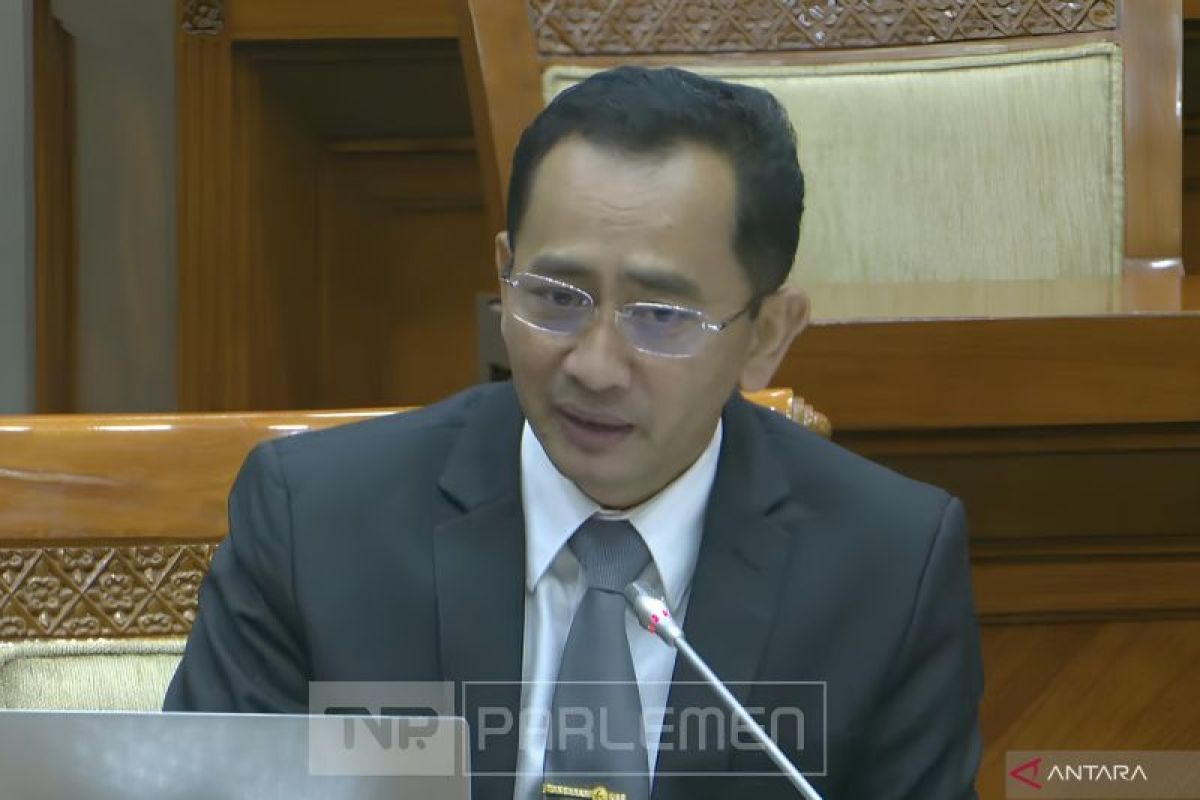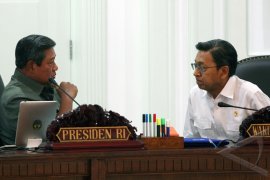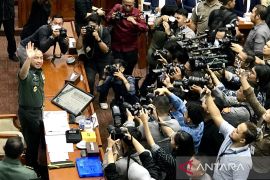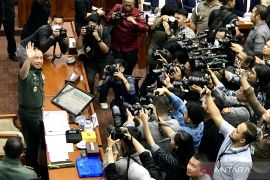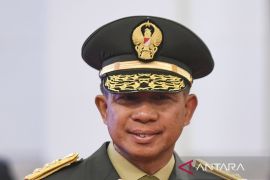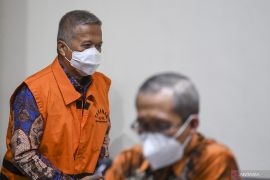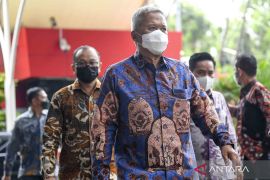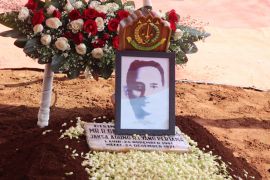Nugroho argued that tax law is different from administrative law, stressing that without a separate chamber, tax rulings risk being based on inappropriate legal standards.
He explained that administrative law applies the presumption of validity (presumptio iustae causa), which can be problematic if used in tax cases.
"If a decision is procedurally flawed, then it becomes invalid. If that happens, it could cause chaos in the country’s tax system," he said.
Nugroho also addressed concerns about the tax mafia, referring to cases where tax officials may deliberately issue flawed assessments. Such practices, he said, allow taxpayers to easily challenge decisions and constitute a form of tax mafia activity.
He emphasized that tax law is sui generis, requiring judges to pursue substantive truth, which he said distinguishes it from administrative law.
Earlier, DPR Commission III member Nasir Djamil asked Nugroho to elaborate on the patterns and actors involved in tax mafia practices, citing graft cases involving former tax officials.
Commission III is conducting fit-and-proper tests for 13 Supreme Court justice candidates and three ad hoc human rights judge candidates, all shortlisted by the Judicial Commission (KY).
The hearings began Tuesday and will continue on September 10, 11, and 16. On the final day, the commission will hold a plenary session to determine the selected candidates.
Related news: Supreme Court advances sustainable judicial reform, says Prabowo
Related news: Prabowo announces 280 percent pay hike for judges
Translator: Fath, Kenzu
Editor: Anton Santoso
Copyright © ANTARA 2025
